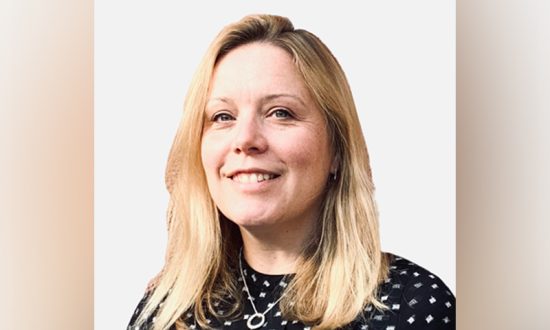Jenni Parsons is an international education specialist with over 20 years of experience in the UK Higher Education sector. Jenni has a wealth of experience in delivering strategic development aims to attract international students, having previously worked as a Director of Internationalisations at London South Bank University and also as Chair of the Board of Directors at London Universities International Partnership. Prior to joining UniQuest as Director of Partnerships, Projects, and Insights, Jenni ran her own consultancy, specialising in helping the Higher Education sector in the UK attract international students. Jenni’s current role sees her analysing data from across UniQuest’s partner network, looking to provide actionable insights aimed at keeping UniQuest’s partners at the forefront of engagement innovation. Jenni has always been hugely passionate about the benefits of internationalisation for UK universities and her career evidence this.
What we’re seeing from UniQuest’s data since 2022 is confirmation of what many of us have suspected all along: the pandemic’s aftershocks are still being felt today by universities across the UK. Pent-up demand, coupled with deferrals from the previous three years’ worth of intakes continues to present huge volumes of work for admissions teams across the UK.
Our data, sourced from across our UK partner network, affords us the ability to conduct a deep-dive into exactly where applicant demand is coming from, at what point in the cycle peak demand comes from particular domiciles and the likelihood of conversion. These insights can help universities to better understand the tendencies of their applicants.
Relative to previous years, admissions pipelines are getting longer and applicants from across degree classifications are taking broadly similar approaches to inquiries and applications. Almost one-third (33%) of home (UK) postgraduate enrolments for 2022 made themselves known to their chosen university in 2020 or before, whereas over half (50%) of home undergraduate enrolments applied before 2022. The effect: multiple years’ worth of interest for admissions teams to manage at once.
The insight our data provides allows us to better understand the needs of prospective students. For example, the applicant engagement services that we run across our partner network show us that the number one query emanating from the Nigerian and Indian markets relates to students wanting clarity on how quickly their offer will be turned around.
We know that Chinese students tend to apply in the first few months of the year, whereas Pakistani students apply much later in the cycle, with the bulk of their applications coming in July, August, and September. Applications from India typically peak in February and March and again in June and July.
Understanding the differing timescales and communication preferences in specific countries and knowing when to expect the bulk of applications from each individual market, particularly those as big as the ones aforementioned, means admissions teams can allocate their resources as effectively as possible, maximizing their chances of success in converting the highest quality applicants from these regions.
A great example of this at play is in the Nigerian market. We know that applicants from Nigeria are most likely to enroll if they apply in January or February, whereas late applicants do not convert well into enrolled students. This allows admissions teams to utilise their scarce resources as effectively as possible, streamlining their approach for the best chance of a conversion.
However, with limited resources and no signs of the huge demand relenting, admissions teams may want to consider whether it’s feasible to deliver all this in-house. We have seen a rapid increase in demand from our network for data and insights to support their admissions teams, but also for specialist support services to help manage inquiries and expedite decision-making, as well as intelligent automation tools to help filter and segment applications.
There is an overwhelming need to alleviate the pressure on admissions teams who have had to deal with unprecedented volumes of applications for the last few years. When these teams are on top of all of their incoming channels, the entire admissions process becomes much slicker as a result. For example, one of our UK partners has reduced the average length of time between an application coming into an offer being made from 23 days down to just five, with our assistance.
Ultimately, it’s clear that admissions pipelines across the UK have caused, and are still causing, strain for prospective students and admissions teams alike. Unless proactive steps are made by admissions teams to overcome the challenges posed by lengthening pipelines, then applicants will continue reviewing their options until they find an institution responsive enough to their needs.




